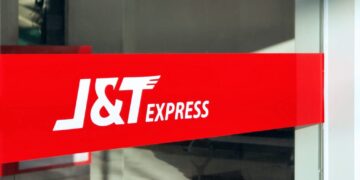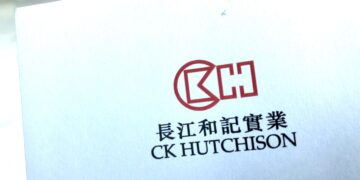He was speaking as a survey conducted by the Productivity Council found the Standard Chartered Hong Kong SME Leading Business Index edged up to 43.8 in the February-to-April period, up from 42.8 in the January-to-March period. Figures below 50 indicate a negative outlook while those above 50 reflect a positive one.
However, its global economy index dropped to 24.9, the lowest level in three years, while the sub-index for import, export trade and wholesale recorded the largest decline.
The senior economist, Standard Chartered bank’s Kelvin Lau, said the survey – which was conducted in March, before the announcement by US President Donald Trump of his “reciprocal tariffs” – may not fully reflect the situation.
“If we were to take a survey now or, say, a couple of weeks down the road for our third-quarter survey, the sentiment among local Hong Kong SMEs could be more bearish than where things were back in late March, just to reflect the much larger than expected tariff hikes,” he said.
“I would say there is definitely a downside risk for our SMEs for the next quarter.
“However, things are just extremely fluid right now, so it depends on how things turn out when they come on the negotiation front.”
The survey also found that 30 percent of the surveyed SMEs were considering expanding to other regions within the next three years, a seven percentage point increase from the previous quarter.


















